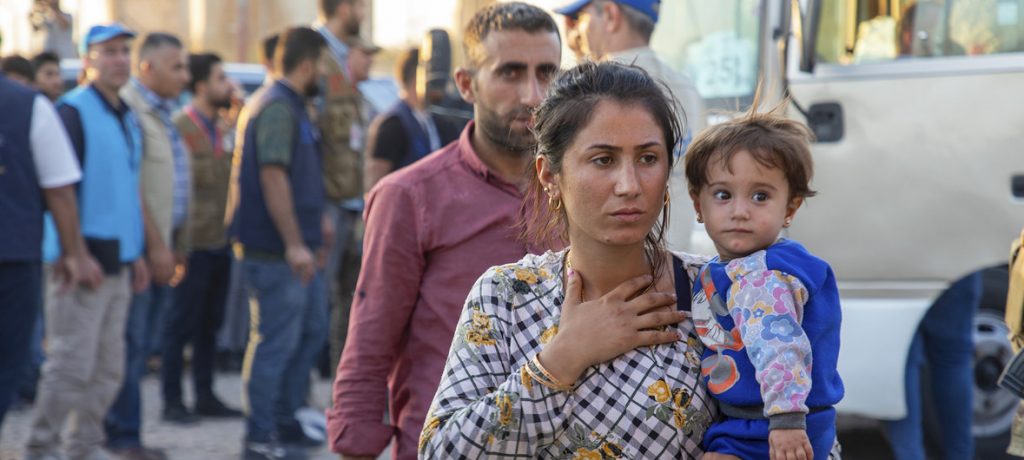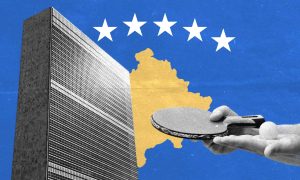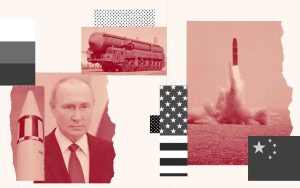What happened?
Although people are long used to the erratic twists and turns of Donald Trump, his decision to sell the Kurds down the river by withdrawing American troops from Syria caught everyone by surprise. Whether Trump was right to extricate his forces from Syria remains debatable, but just as there is rarely a good time to start international military interventions, so there is rarely a good time to discontinue them. One would have thought that Libya’s and Iraq’s ongoing atrocities would have made this clear.
Unsurprisingly, Erdogan was quick to react and went on to ambitiously announce Turkey’s commitment to create a “safe zone” where up to two million Syrian refugees could be resettled. While this sounds reasonable, one must take into account Erdogans hatred towards the Kurds, who were in charge of the region.
Turkey considers the PKK as a terrorist organisation, Erdogan’s hatred of the Kurds is well testified and the Kurdish culture in Turkey is suppressed to such an extent that even speaking or singing in Kurdish could well land you in prison. As expected, Donald Trump was faced with incessant criticism from friends and allies, so, in a letter which appeared to be written by a five-year-old, Trump enjoined Erdogan not to be a “tough guy” or else he would “obliterate and destroy the Turkish Economy”.
So far so good, but was Erdogan convinced by Trump’s ‘wise’ words? Apparently, Turkish presidential sources told the BBC that the Turkish president threw that letter in the bin. Since then Turkish forces have been pummelling the region, killing Kurdish fighters and wounding civilians and illegally forcing Syrian refugees back into war zones. What an achievement!
Meanwhile, Russia’s Putin, who enjoys new influence and power in the region, brokered a tactical arrangement between the People’s Protection Units (YPG) and Assad and kept them away from each other while striking the deal.
The Unclear fate of Syria
The Kurds have been left dealing with the legacy of the Islamic state: hundreds of thousands of refugees in camps and about 12,000 ISIS prisoners. After all that happened, it is completely unclear whether the Kurds can maintain the security of these prisons. Moreover, allowing Russia or Iran more influence over the region is a gamble that might not be worth taking.
What now?
The meeting was a key proposal from Moscow and was being overseen by the UN special envoy for Syria, Geir Pederson, with expectations low that the Syrian government, in an increasingly strong military position, will see the need to make any major political concessions to secure western recognition.
There are however no deadlines set for this talks.
On Wednesday the 30th of October, a 150-strong committee met in Geneva to chart political settlement and negotiate an end to the Syrian civil war. The talks promised to be “Syrian-owned and Syrian-led”, and could pave the way for reforms and elections.
The future of Syria still remains at the mercy of whims.
We wrote extensively about the Kurds and their rich culture in UN-aligned magazine issue 3. You can have access to all UN-aligned magazine issues in our library page.




















